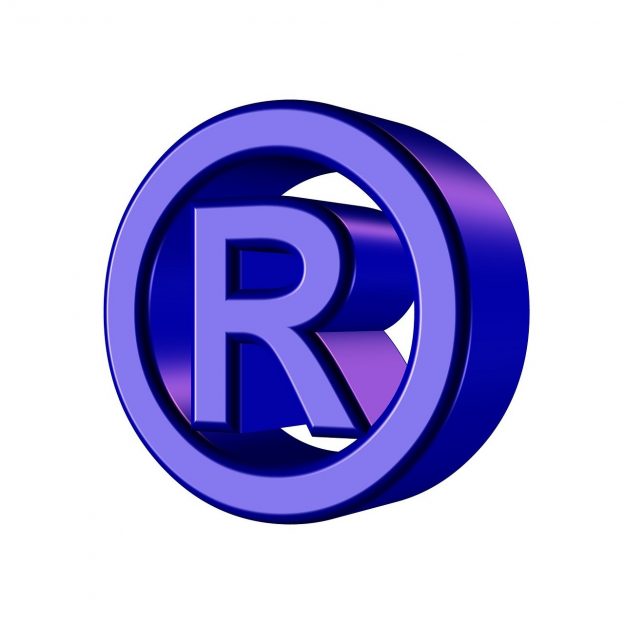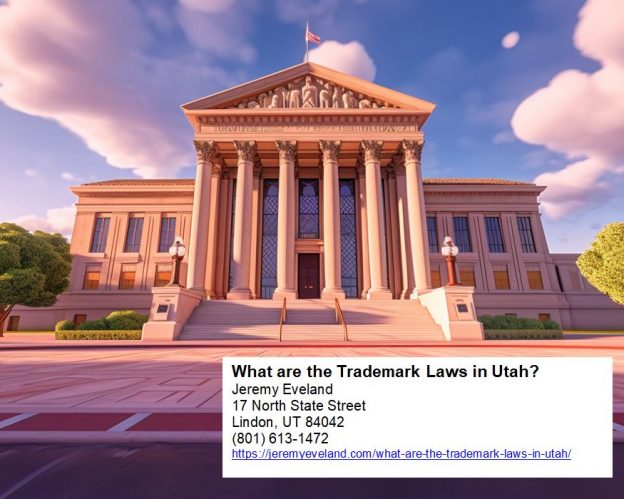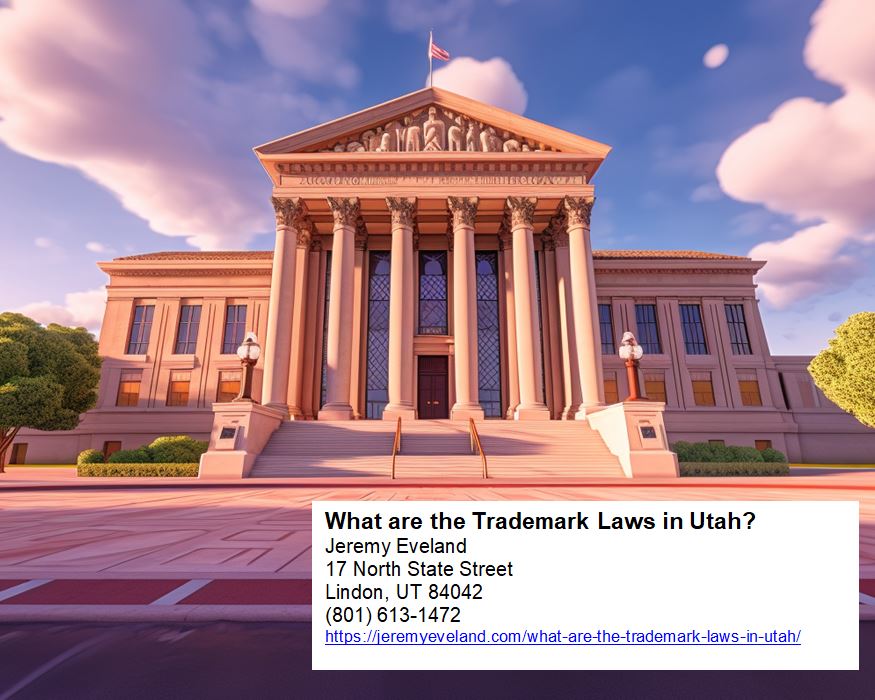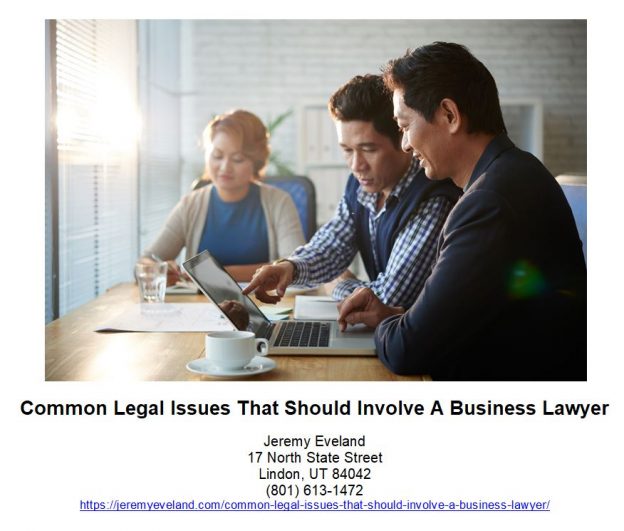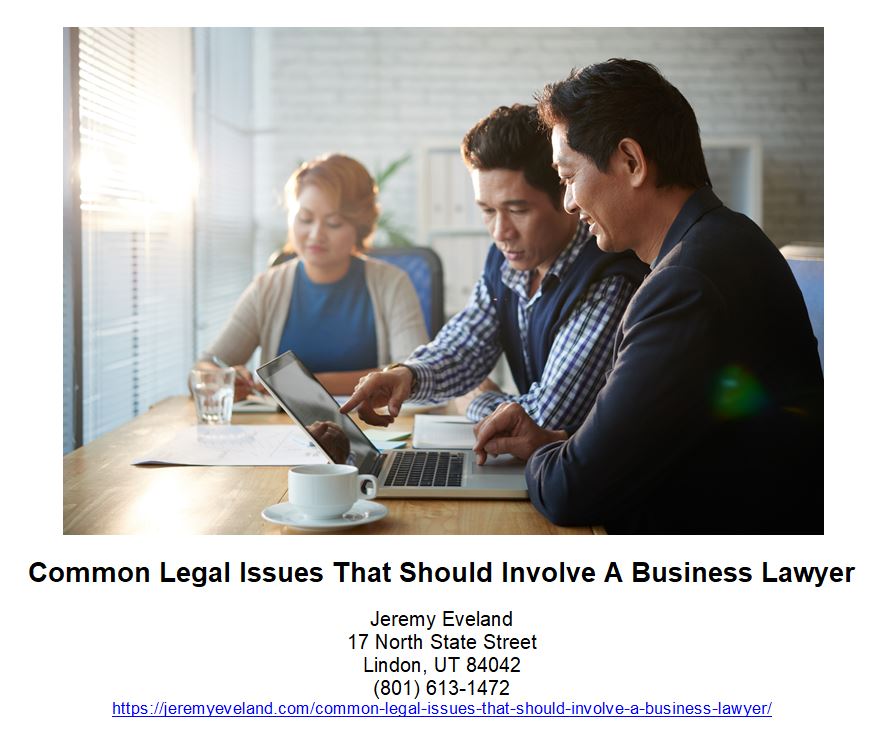If you’re a business owner or someone with valuable ideas, protecting your intellectual property (IP) rights should be at the top of your priority list. In a competitive market, safeguarding your ideas and creations is crucial to maintaining a competitive edge and ensuring that others don’t profit from your hard work. This article will delve into the importance of IP rights, explaining why they matter and how they can provide you with legal protection. From patents to trademarks, we’ll explore the various forms of IP and address common questions you may have about this complex area of law. By understanding the significance of IP rights, you can take the necessary steps to safeguard your ideas and ensure that your intellectual property remains secure. So, let’s dive in and discover how you can protect what’s rightfully yours.
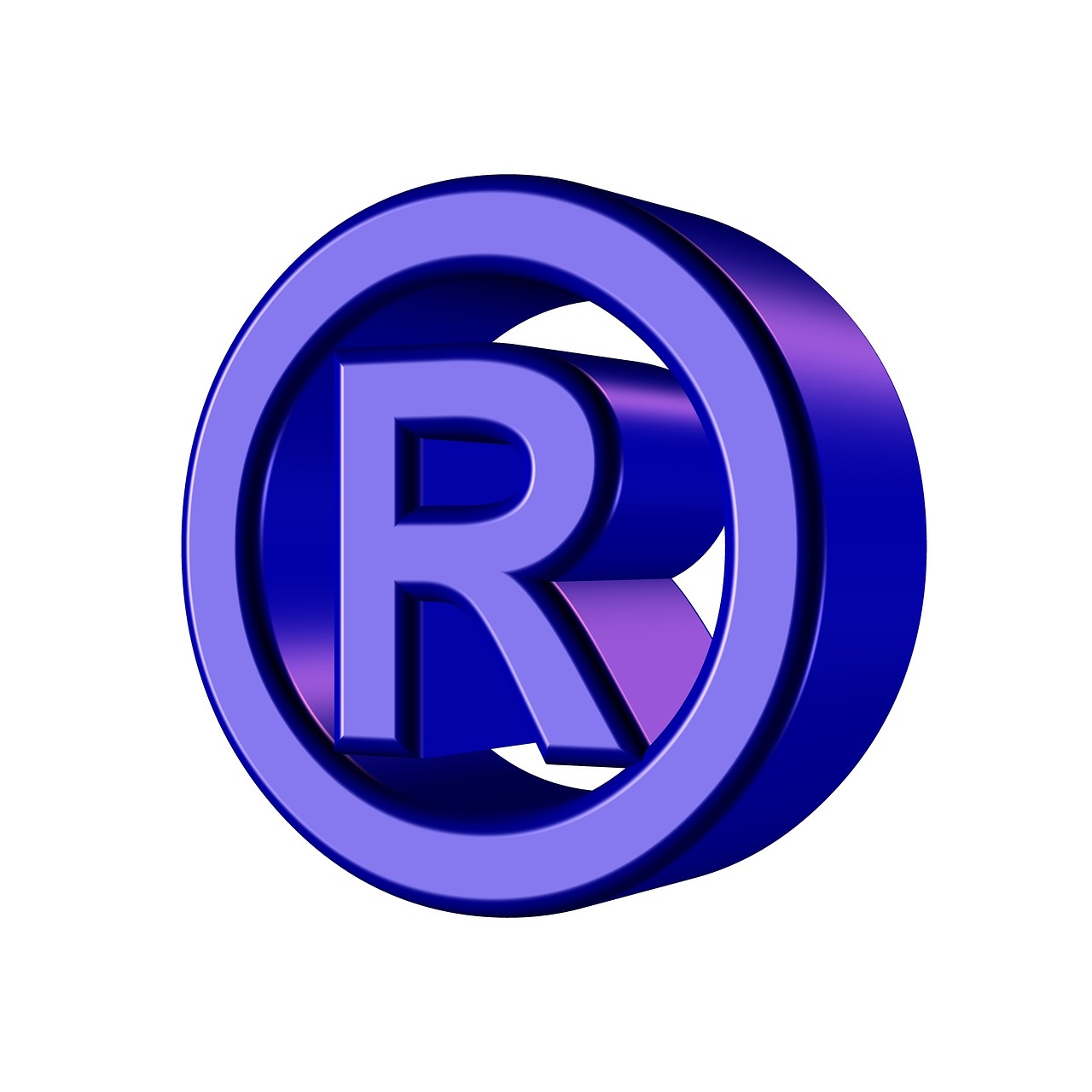
Overview of Intellectual Property
Intellectual Property (IP) refers to the legal rights granted to individuals or businesses over their creative and innovative works. These rights are crucial for protecting ideas and intangible assets, ensuring that creators and innovators can benefit from their hard work and investment. There are different types of IP rights, including trademarks, copyrights, and patents, each offering protection for specific forms of intellectual property.
Definition of Intellectual Property
Intellectual property encompasses a wide range of intangible assets, including inventions, artistic works, brand names, logos, and trade secrets. It can be divided into three main categories:
-
Copyright: Copyright protects original creative works, such as books, music, films, and artwork. It gives the creator exclusive rights to reproduce, distribute, display, and perform their work.
-
Trademark: Trademark protection is granted to names, symbols, logos, or slogans that distinguish products or services from others. It prevents unauthorized use of the mark and helps establish brand recognition and reputation.
-
Patent: A patent is a form of protection for new inventions or unique processes. It gives the inventor exclusive rights to manufacture, use, or sell the invention for a specified period, typically 20 years.
Types of Intellectual Property Rights
In addition to copyrights, trademarks, and patents, there are other forms of intellectual property rights that offer protection in specific areas. These include:
-
Trade Secrets: Trade secrets refer to confidential business information that gives a company a competitive advantage. Examples can include manufacturing processes, customer lists, or marketing strategies.
-
Industrial Design Rights: Industrial design rights protect the aesthetic appearance of a product or its specific design features. This can include the shape, pattern, or color scheme of a product.
-
Geographical Indications: Geographical indications identify products originating from a specific geographical location, typically associated with certain qualities or reputations. Examples include Champagne, Parmesan cheese, and Darjeeling tea.
-
Plant Variety Rights: Plant variety rights protect new plant varieties created through breeding or genetic modification. These rights allow breeders to have exclusive control over the propagation and sale of these varieties.
Importance of Intellectual Property Rights
Protection of Innovation
Intellectual property rights are crucial for safeguarding and incentivizing innovation. They encourage individuals and businesses to invest time, effort, and resources into creating new ideas, inventions, and artistic works. Without adequate protection, there would be little incentive to innovate, as others could simply copy and profit from someone else’s work.
By providing exclusive rights and legal remedies to creators and inventors, intellectual property rights foster a culture of innovation, benefiting society as a whole. They ensure that inventors can reap the rewards of their ingenuity and continue to develop groundbreaking technologies, artistic expressions, and business strategies.
Economic Benefits
Intellectual property rights play a vital role in driving economic growth and development. They create a favorable environment for businesses to invest in research and development, knowing that their efforts will be protected and rewarded. This leads to the creation of new products, services, and industries, generating jobs and wealth.
Strong intellectual property protection also encourages foreign direct investment, as companies are more likely to invest in countries that respect and enforce intellectual property rights. This, in turn, leads to increased economic activity, technological transfers, and knowledge sharing.
Business Competitiveness
Intellectual property rights are essential for maintaining a competitive edge in today’s global marketplace. They allow businesses to differentiate their products and services from competitors, build brand recognition, and establish customer loyalty. By protecting their trademarks, companies can safeguard their unique identity and reputation, preventing others from misleading consumers or diluting their market presence.
Patents also give businesses a competitive advantage by granting them exclusive rights to use and exploit their inventions. This can lead to increased market share, higher profit margins, and the ability to license or sell their patented technologies to generate additional revenue.
Common Forms of IP Infringement
While intellectual property rights offer important protections, they can also be infringed upon by others. Infringement occurs when someone illegally uses, copies, or reproduces someone else’s intellectual property without permission. Some of the most common forms of IP infringement are:
Trademark Infringement
Trademark infringement is the unauthorized use of a registered trademark or a similar mark that can cause confusion among consumers. This can include using a similar or identical mark for goods or services in the same industry, which can lead to consumer confusion or dilute the distinctiveness of the original mark.
Copyright Infringement
Copyright infringement involves using someone else’s copyrighted work without permission, such as reproducing, distributing, or displaying it without the author’s consent. This can occur in various forms, such as copying text or images from a book or website, using copyrighted music without a license, or sharing copyrighted videos online.
Patent Infringement
Patent infringement occurs when someone uses, makes, sells, or imports an invention that is covered by an existing patent without the patent owner’s consent. This can include manufacturing or selling a product that incorporates patented technology or using a patented process without a license.
Steps to Safeguard Your Ideas
To protect your intellectual property and prevent others from infringing upon your rights, it is essential to take proactive measures. Here are some steps you can take to safeguard your ideas:
Conducting a Prior Art Search
Before investing time and resources into developing an invention, it is crucial to conduct a thorough prior art search. This involves researching existing patents, publications, and products to determine if your idea is truly novel and non-obvious. A prior art search can help you identify potential obstacles, assess the patentability of your invention, and avoid infringement of existing patents.
Registering Your Intellectual Property
Registering your intellectual property provides you with valuable legal protections and a public record of your rights. Copyright registration, trademark registration, and patent registration are all important steps to secure and enforce your intellectual property rights. It establishes your ownership, provides evidence of your rights, and enhances your ability to take legal action against infringers.
Implementing Confidentiality and Non-Disclosure Agreements
If your idea or invention is still in the development stage, it is essential to protect it from theft or unauthorized disclosure. Implementing confidentiality agreements or non-disclosure agreements (NDAs) can help safeguard your confidential information. These agreements legally bind recipients to keep your information confidential and prevent them from misusing or disclosing it without your consent.
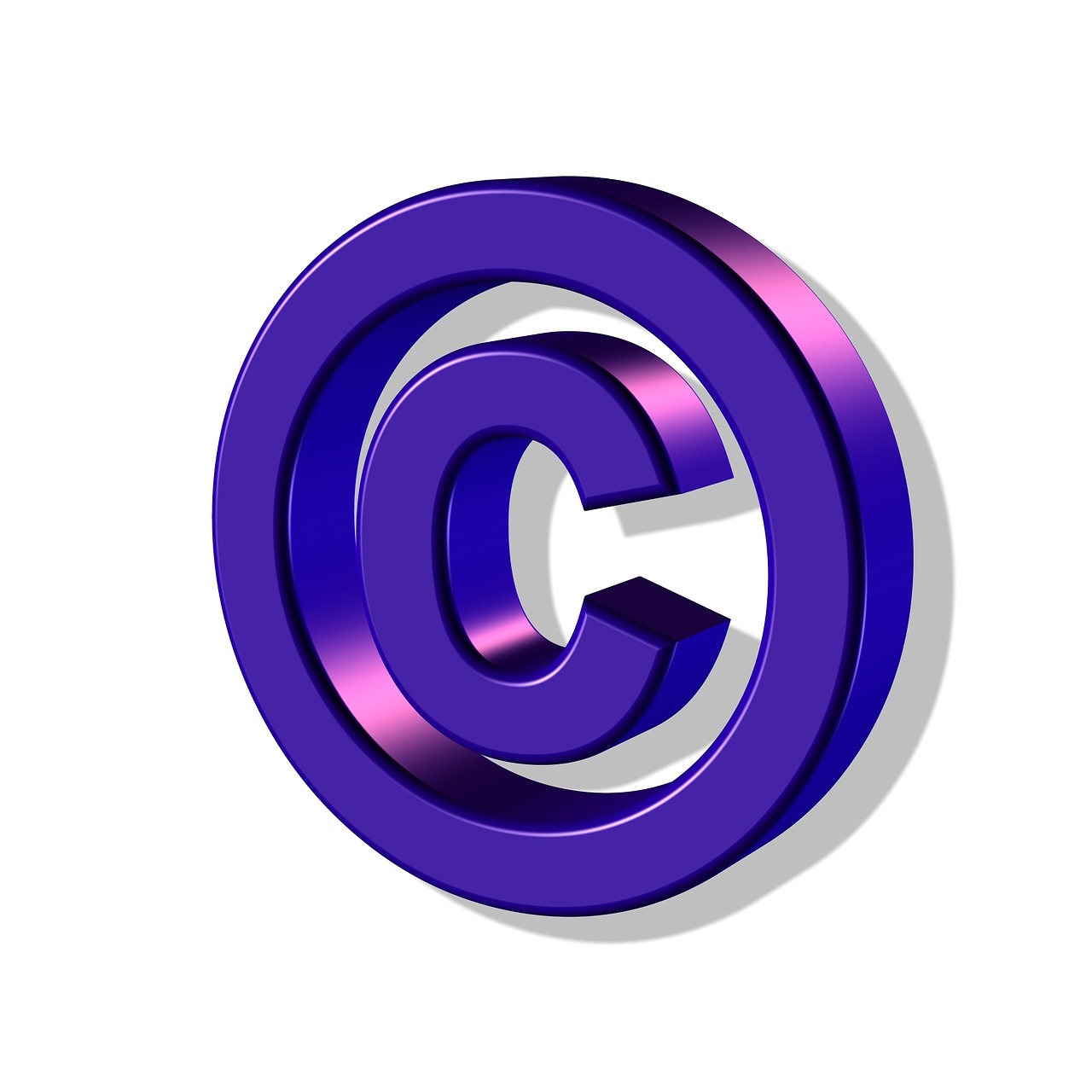
Enforcement of IP Rights
While preventative measures are crucial, instances of IP infringement may still occur. In such cases, it is important to understand the enforcement options available to protect your intellectual property rights.
Cease and Desist Letters
A cease and desist letter is a formal communication sent to an alleged infringer, demanding that they immediately stop their infringing activities. It outlines the owner’s intellectual property rights, provides evidence of infringement, and warns of legal consequences if the infringement continues. A well-drafted cease and desist letter can often resolve IP disputes amicably without the need for litigation.
Litigation and Legal Remedies
If informal negotiations and cease and desist letters fail to resolve the dispute, initiating litigation may be necessary to enforce your intellectual property rights. This involves filing a lawsuit against the infringer and seeking legal remedies, such as injunctions, damages, or an account of profits. Litigation can be complex and expensive, so it is crucial to work with an experienced intellectual property attorney to navigate the legal process effectively.
International IP Protection
In today’s global economy, intellectual property rights extend beyond national borders. If you plan to expand your business internationally or have concerns about IP infringement in other countries, it is important to consider international IP protection. This can involve filing for patents, trademarks, or copyrights in multiple jurisdictions, adhering to international treaties, and working with local intellectual property professionals to enforce your rights abroad.
Working with an IP Attorney
To navigate the complex landscape of intellectual property rights, it is highly recommended to work with an experienced IP attorney. An IP attorney specializes in intellectual property law and can provide expert guidance and legal representation throughout the process.
Understanding the Role of an IP Attorney
An IP attorney has in-depth knowledge of intellectual property laws and regulations. They can help you understand the scope of your intellectual property rights, guide you through the registration process, and assist with enforcement strategies. They can also provide counsel on licensing agreements, infringement disputes, and other IP-related matters.
Benefits of Hiring an IP Attorney
Working with an IP attorney offers several benefits. They can conduct comprehensive searches to assess the strength of your intellectual property, draft and file applications for trademarks, copyrights, or patents, and handle negotiations and settlements on your behalf. Their expertise can also help you avoid costly mistakes, navigate legal complexities, and maximize the value and protection of your intellectual property assets.
Finding the Right IP Attorney for Your Needs
When selecting an IP attorney, it is important to find someone with experience in your specific industry or area of intellectual property. Look for attorneys who have a track record of success in handling cases similar to yours and have a deep understanding of the legal and business landscape in which you operate. Consultations with IP attorneys can help you assess their expertise, compatibility, and ability to meet your specific needs.

Frequently Asked Questions
What is the duration of copyright protection?
Copyright protection generally lasts for the creator’s lifetime plus an additional 70 years after their death. However, the duration varies depending on the country and the nature of the work. It is important to consult with an IP attorney to determine the specific copyright duration for your work.
How can I protect my business name and logo?
To protect your business name and logo, it is recommended to register them as trademarks. Trademark registration provides legal rights and exclusivity to use the mark for specific goods or services. An IP attorney can assist you with the trademark registration process and ensure your brand is adequately protected.
Can I patent a business method or software?
While it is possible to patent certain business methods or software, the patentability criteria can be complex and vary by jurisdiction. In general, patents can be granted for novel and non-obvious inventions that have a technical aspect. Consulting with an IP attorney specializing in patents is crucial to assess the patentability of your business method or software.
What are the potential consequences of IP infringement?
The consequences of IP infringement can include legal action, monetary damages, injunctions, and reputational damage. In some cases, courts may also award enhanced damages or attorney fees to the prevailing party. It is crucial to act promptly and work with an IP attorney to protect your rights and seek appropriate remedies in case of infringement.
How can an IP attorney help me with licensing agreements?
An IP attorney can assist you with licensing agreements by drafting, reviewing, and negotiating the terms of the agreement. They can ensure that your intellectual property rights are adequately protected and that the licensing agreement is fair and beneficial to your business. Working with an IP attorney can help you navigate the complex legal and business considerations involved in licensing agreements.
